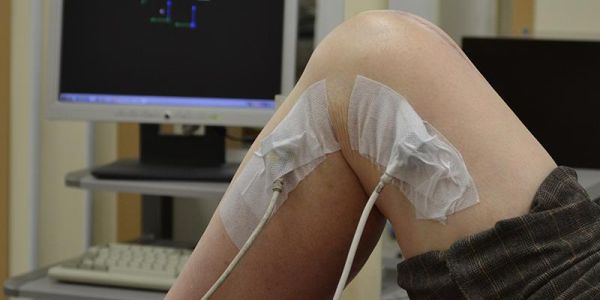
Chronic ill health and the chances of surviving a heart attack
New research has identified the devastating impact of pre-existing health problems on recovery from a heart attack.

New research has identified the devastating impact of pre-existing health problems on recovery from a heart attack.

Leeds Festival of Science returns this month to showcase plate tectonics, interactive space toys and the funny side of climate change.

Researchers have found that 70% of UK households would be better off if costs of government energy policy were removed from gas and electricity bills and applied according to household income.

An off-label drug prescribed to treat osteoarthritis of the hand when conventional medication has failed is ineffective, according to new research.

New research, led by the University of Leeds, offers an explanation for the discrepancy between the size and age of the Rosetta Nebula’s central cavity and that of its central stars.

A network of digital workers are designing political disinformation campaigns, creating fake news and fanning the flames of public discontent in the Philippines, new research has found.

Global warming may lead to a drop in lightning strikes, affecting atmospheric composition and the frequency of natural forest fires in the tropics, a new study suggests.

Scientists at the University of Leeds are investigating whether amateur athletes are at a greater risk of developing potentially-disabling joint problems such as osteoarthritis.

Scientists have identified part of the molecular mechanism that gives a long-lived bat species its extraordinary lifespan compared to other animals.

The global reach of one of the world’s leading piano competitions is being significantly extended thanks to a renewed partnership with the University of Leeds.